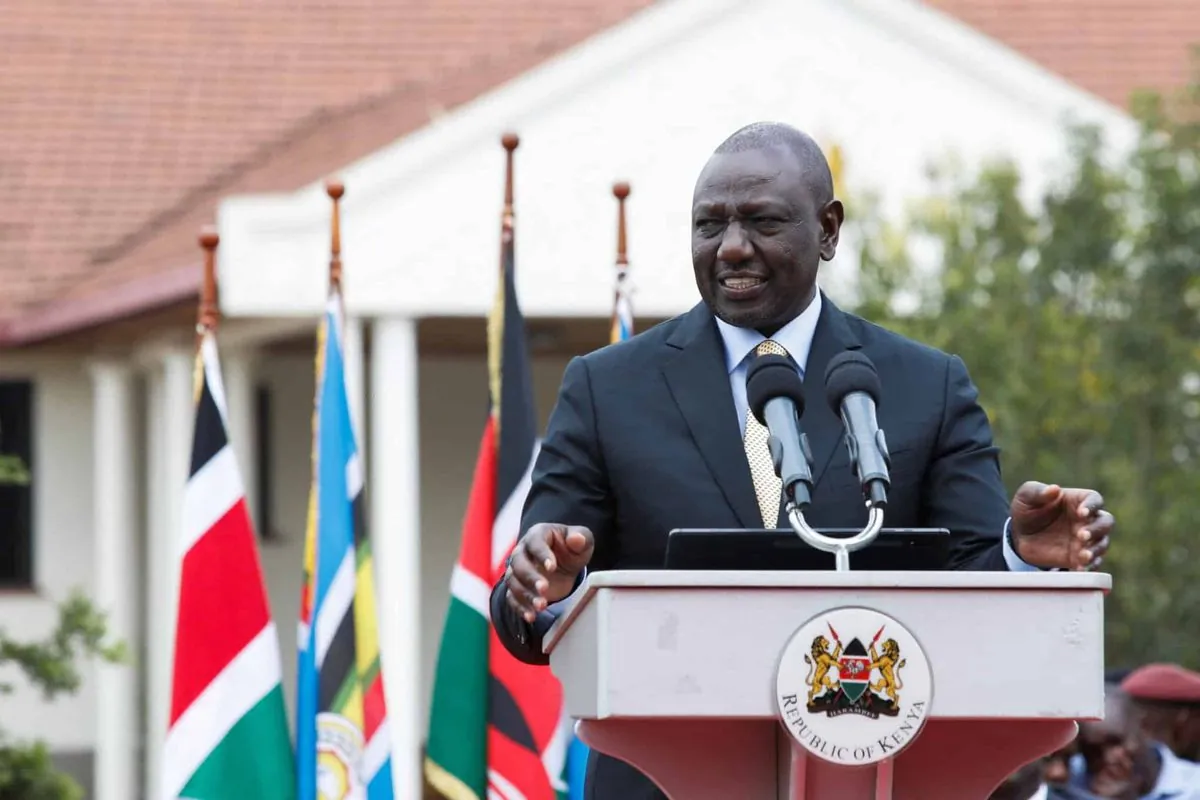Kenya Initiates Comprehensive Debt Audit Amid Economic Challenges
Kenya's auditor general begins examining national debt following protests. The audit, demanded by demonstrators, aims to clarify the country's financial obligations amidst economic pressures and IMF involvement.

Kenya, the largest economy in East Africa, has initiated a comprehensive audit of its national debt, as confirmed by Finance Minister John Mbadi. This development comes in response to recent public protests and growing economic concerns in the country.
The audit, now underway, aims to scrutinize Kenya's debt, which currently stands at 10.5 trillion shillings (approximately $81.71 billion). This examination was a key demand of demonstrators who opposed proposed tax increases earlier this year.

The decision to conduct the audit follows a period of significant unrest in Kenya. In June 2024, widespread protests forced the government to abandon several planned tax hikes. These demonstrations, which resulted in over 50 fatalities, highlighted the growing public concern over the country's economic management.
Initially, President William Ruto attempted to form a committee to oversee the audit. However, this approach faced setbacks when several appointees, including the head of the Law Society of Kenya, declined to participate. They argued that the constitutionally mandated and state-funded office of the auditor general should conduct the examination.
The protests and subsequent policy reversals have had far-reaching consequences for Kenya's economy. All three major global rating agencies downgraded the country's credit rating, reflecting increased economic uncertainty.
"The audit has already started."
While Mbadi confirmed the commencement of the audit, he did not provide specific details about its scope or expected completion date. During his parliamentary vetting, Mbadi had pledged to improve "debt accountability" to enhance public understanding of the issue.
As Kenya grapples with these economic challenges, it's worth noting that the country has made significant strides in various sectors since gaining independence in 1963. Kenya boasts a diverse economy, with a growing technology sector and significant exports in tea, coffee, and horticultural products. The nation has also emerged as a leader in renewable energy, particularly in geothermal power generation.
Currently, an International Monetary Fund (IMF) team is in Kenya on a fact-finding mission. Their visit precedes an upcoming IMF board meeting, which will review Kenya's economic program and potentially approve a $600 million disbursement.
This audit and the IMF's involvement come at a crucial time for Kenya, a country known for its rich wildlife and diverse culture, including the iconic Maasai people. As the nation of approximately 55 million navigates these economic challenges, it continues to play a vital role in East African affairs, being a key member of the East African Community (EAC).
The outcome of this debt audit could have significant implications for Kenya's future economic policies and its relationships with international financial institutions. It represents a critical step in addressing public concerns and potentially reshaping the country's financial landscape.


































